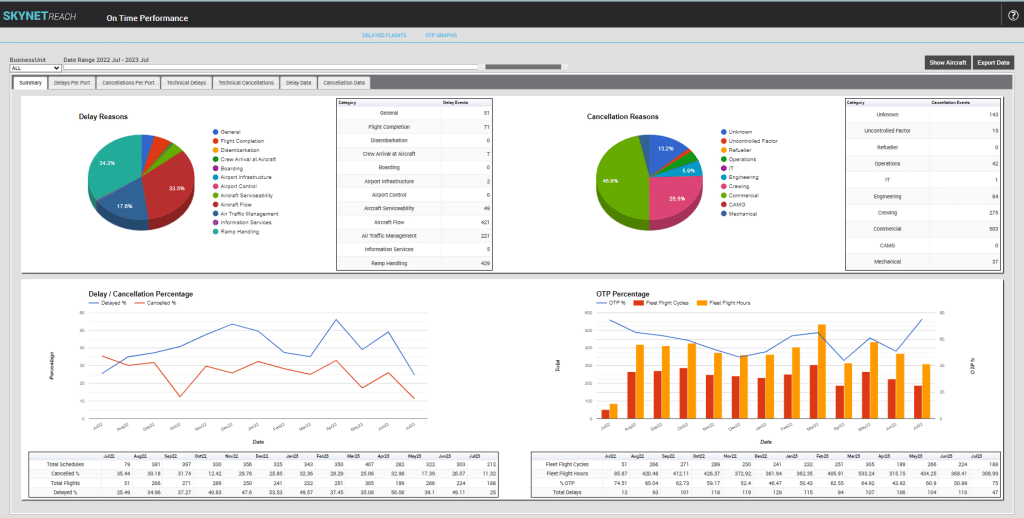The OCC is a key contributor to the Emergency Procedures (EPs) and Crisis Management aspect of an aviation operation.
A poorly managed response to an emergency can have long lasting consequences for an aviation operation. A key component of the company response is the OCC. A senior member of the OCC should always form part of the Crisis Management Team (CMT) and be involved in EP exercises and procedures. OCC team members should be trained in EPs and participate regularly in Emergency Response Exercises and training.
Here are some of the considerations we think an OCC needs to address for effective EPs and crisis management.
- Real-time Information Sharing
Real-time sharing of critical information among different teams and stakeholders in key. This ensures that everyone has access to the latest data, enabling better decision-making during emergencies. The OCC is the central operations data hub for the airline and will be a key component of the response.
- Situational Awareness
The OCC software provides a comprehensive view of the crisis situation by integrating data from various sources. This situational awareness helps decision-makers understand the scope of the crisis and make informed choices.
- Resource Allocation
During a crisis, it’s essential to allocate resources efficiently. OCC software helps track available resources, such as personnel, equipment, and supplies, and optimizes their allocation based on the evolving situation.
- Communication
Effective communication is crucial during emergencies. OCC software often includes communication tools like instant messaging, voice, and video conferencing, ensuring that different teams can collaborate seamlessly despite physical barriers.
It is important to have a single source of truth during an emergency response. Conflicting messaging can have dire consequences.
- Decision Support
OCC software often includes analytical tools and visualization capabilities that help decision-makers understand complex data quickly. This aids in making timely decisions based on accurate insights.
- Simulation and Training
OCC software should allow for simulations of different crisis scenarios. This enables teams to practice and refine their response strategies in a controlled environment, improving their readiness for actual emergencies.
- Documentation and Reporting
The software helps in recording and documenting the entire crisis response process. This documentation can later be used for analysis, debriefing, and learning lessons to improve future response efforts.
- Integration with External Systems
OCC software can integrate with various external systems such as weather forecasting, flight data, and other relevant data sources. This integration enhances the accuracy of situational assessments.
- Alerts and Notifications
The software can provide automated alerts and notifications to relevant stakeholders when specific conditions or thresholds are met. This ensures that timely actions are taken when critical events occur.
- Remote Access and Collaboration
Especially important when dealing with remote locations, OCC software enables remote access and collaboration among teams, allowing them to manage crises from different locations.



